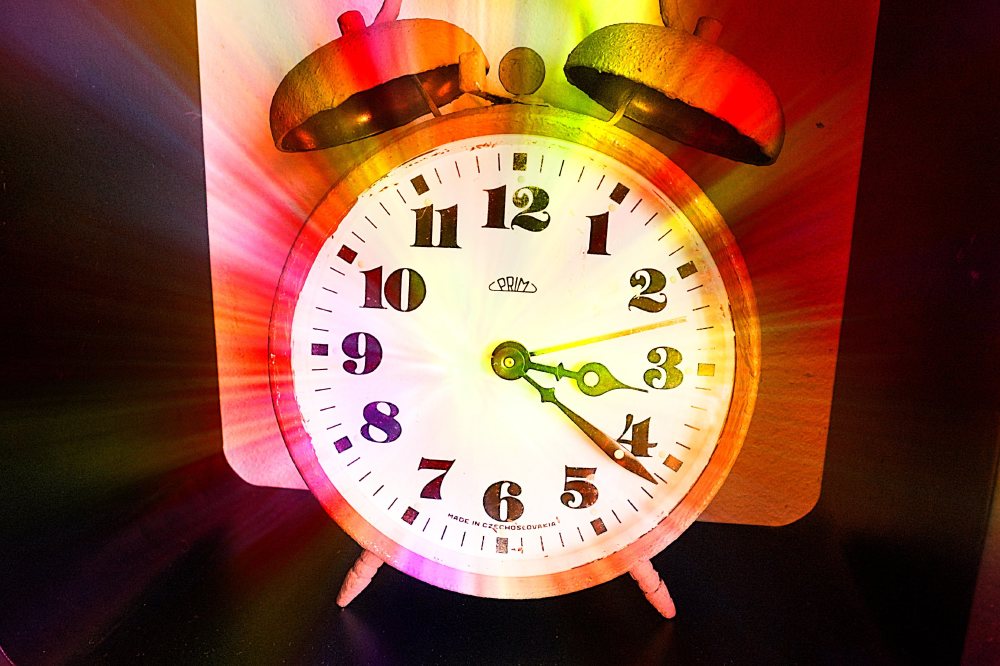People in the UK are waking up feeling tired most of the time, and it’s having a drastic effect on our health, new research has revealed – not to mention causing millions of GP appointments and sick days.

Not getting enough hours sleep could be causing many people to be ill
The study by Sealy UK, the world’s biggest bed brand, found that people are waking up feeling tired four days every week on average, with 84% reporting this has led them to be more susceptible to illnesses, the most common being migraines, flu and depression.
This chronic lack of sleep is leading many to seek help, with 1-in-6 people seeing their GP in the last 12 months because of illnesses related to a lack of sleep, equating to 9.5 million appointments.
People aged 25-34 are most at risk, and reported being the most sleep-deprived, admitting to waking up feeling unrested over 60% of the time.
Not only that but the research revealed lack of sleep is having a drastic effect on the nation’s working lives too, with nearly one-in-five (19%) pulling a sickie in the last year because they felt too tired to go to work, meaning more than 6 million lost working days. A further 17% have fallen asleep on the job and 17% have made serious mistakes at work due to a lack of sleep.
However, it appears sleep could indeed be ‘the best medicine’.
When asked whether they had ever woken from a good night’s sleep and found the symptoms of certain illnesses had improved, 40% claimed they had seen improvement in headaches, 26% had felt better after a cold and 23% had felt their anxiety lessen.
Despite this, just 8% of people have been ‘prescribed’ getting more rest by their doctor as a solution to their ailment, suggesting sleep is not always being taken seriously as a treatment for patients.
The causes?
So, what is causing this epidemic of sleeplessness? Nearly half of all age groups (47%) regularly use electronic devices in bed, rising to over two thirds of those in the millennial age group (65%), with eating sugary or fatty foods and drinking alcohol and caffeine within three hours of bedtime also to blame.
The top five worst bedtime habits the UK which could be contributing to poor sleep health, are:
- Using electronic devices in bed (47%)
- Eating sugary foods within three hours of your bedtime (35%)
- Drinking caffeine within three hours of bedtime (31%)
- Drinking alcohol within three hours of bedtime (25%)
- Eating a meal within two hours of bedtime (23%)
Commenting on the results of the research, GP Dr Sarah Jarvis explained: “Poor sleep can have a huge knock-on effect on mood, wellbeing, concentration and even your physical health. There is really good evidence that electronic devices can affect your sleep, while caffeine makes you more alert and alcohol affects the quality of your sleep, even if you drop off quickly. Having a quiet, comfortable sleeping environment with a comfortable mattress and no ticking clocks, beeping mobiles or glowing lights can make a huge difference to your ‘sleep hygiene’.”
Neil Robinson, Chief Sleep Officer at Sealy UK added: “Sleep is a hugely important part of living a healthy lifestyle, but it can often get overlooked when it comes to understanding our physical and mental health and why we might not be feeling 100%.
“It’s shocking that we’re now living in a world where waking up tired over half of the time is considered normal, and it’s clear that more needs to be done to tackle what could become a serious public health issue in the coming years. Modern life can be hectic, especially when trying to balance a busy working day with family life, but it’s vital that people start prioritising getting good quality sleep in order to live the healthiest and happiest life they can.”
For more tips from Sealy and Dr Sarah Jarvis on how to get a healthy night’s sleep and to tackle insomnia and poor sleep habits go to www.sealy.co.uk
Tagged in Sleep

